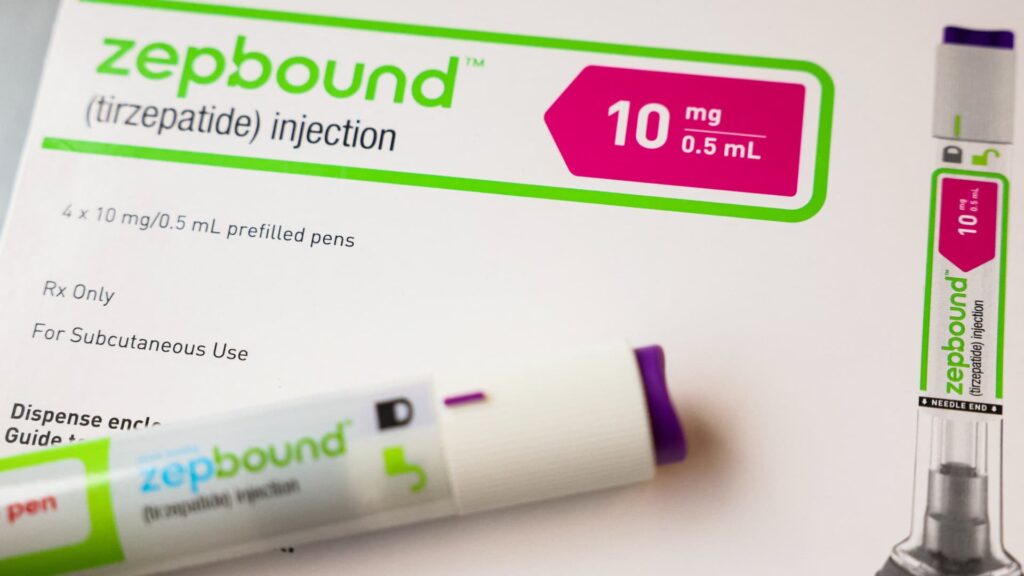
Eli Lilly sues compounded Mounjaro, Zepbound providers
Eli Lilly Takes Legal Action Against Compounded Mounjaro and Zepbound Providers
Pharmaceutical giant Eli Lilly has launched legal action against four telehealth companies for selling unauthorized compounded versions of its popular weight loss drug Zepbound and diabetes treatment Mounjaro, marking a significant escalation in the battle against copycat drugs.
The Legal Battle Against Unauthorized Compounds
In a series of lawsuits filed Wednesday, Eli Lilly has targeted four telehealth providers: Mochi Health, Fella Health, Willow Health, and Henry Meds. The pharmaceutical company alleges these companies are misleading consumers about “untested, unapproved drugs” and diverting patients from Lilly’s FDA-approved medications.
Key Allegations
- Deceptive marketing of unauthorized drug compounds
- False claims of personalized medication options
- Mass-marketing of modified versions to circumvent FDA regulations
- Selling unstudied formulations (oral tablets and drops)
The Rise of Compounded Alternatives
The surge in compounded versions of these medications began in late 2022 when Mounjaro experienced supply shortages. This shortage, along with similar issues affecting Novo Nordisk’s Wegovy, created an opportunity for pharmacies and outsourcing facilities to produce compounded versions of these treatments.
Background Context
Compounding of tirzepatide (the active ingredient in Mounjaro and Zepbound) was initially permitted during the shortage. However, the FDA declared the shortage over last month, theoretically ending mass compounding authorization. Despite this, some providers continued their operations by producing slightly modified versions.
Specific Claims Against Telehealth Providers
Mochi Health Case
Lilly’s lawsuit specifically addresses Mochi Health’s continued sale of compounded tirzepatide. The company alleges that Mochi’s CEO, who is not a licensed physician, exercises undue influence over prescribing decisions, potentially violating laws regarding the corporate practice of medicine.
Mochi Health’s Response
Mochi Health maintains that their model complies with FDA guidance and pharmacy regulations. Their CEO, while holding a medical degree, states she is not practicing as CEO and that licensed medical providers make all prescribing decisions.
Broader Implications for the Industry
The lawsuits represent a significant move by Eli Lilly to protect its intellectual property and ensure patient safety. The company seeks to halt these sites from marketing or selling tirzepatide-based products, though legal proceedings could extend over several months or longer.
Patient Safety Concerns
- Unverified drug formulations
- Lack of proper clinical testing
- Potential risks of modified compounds
- Questions about quality control standards
Looking Forward
These legal actions highlight the growing tension between pharmaceutical companies and compounding facilities, particularly in the lucrative weight loss and diabetes treatment markets. The outcome of these cases could set important precedents for the future of compounded medications and telehealth prescribing practices.
Industry Impact
The resolution of these lawsuits could significantly influence how telehealth companies operate in the pharmaceutical space, potentially leading to stricter regulations and oversight of compounded medications. This case represents a crucial moment in the ongoing debate about access to weight loss and diabetes medications versus patient safety and pharmaceutical patent protection.






